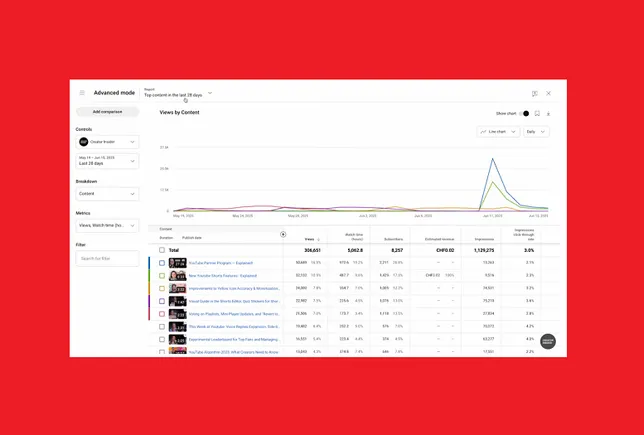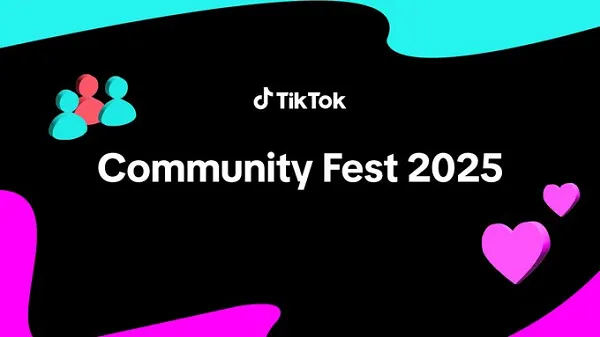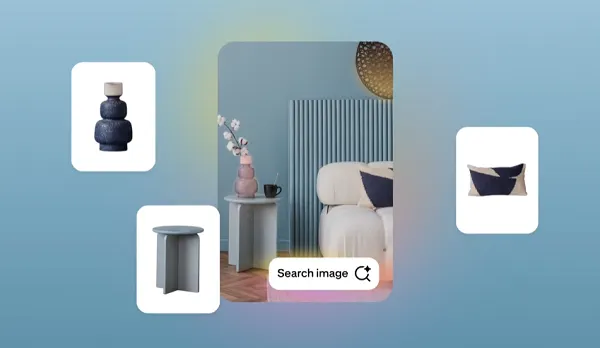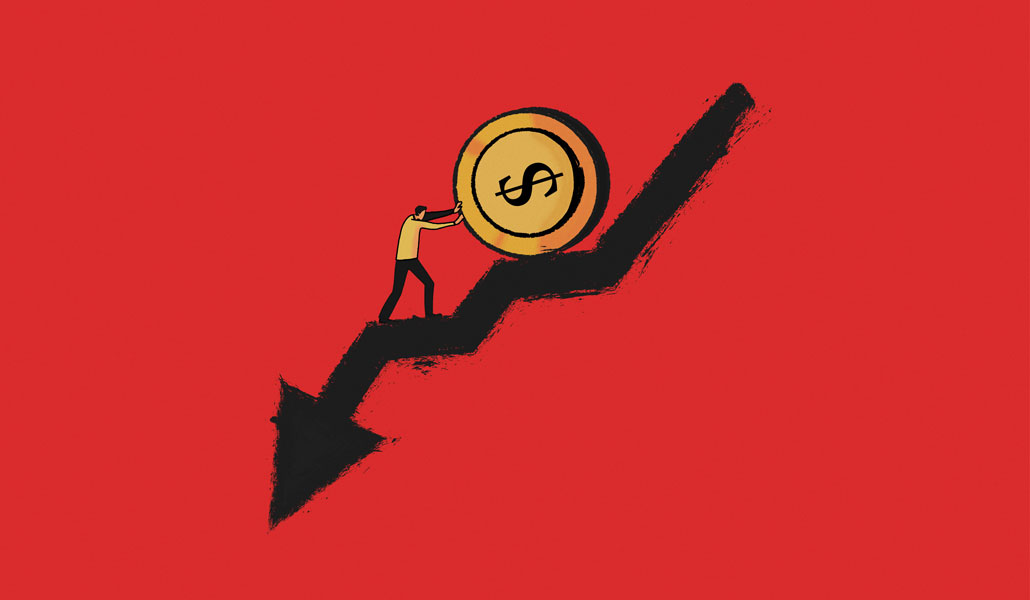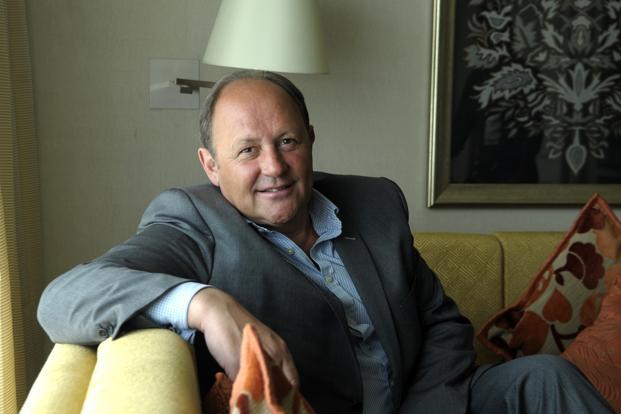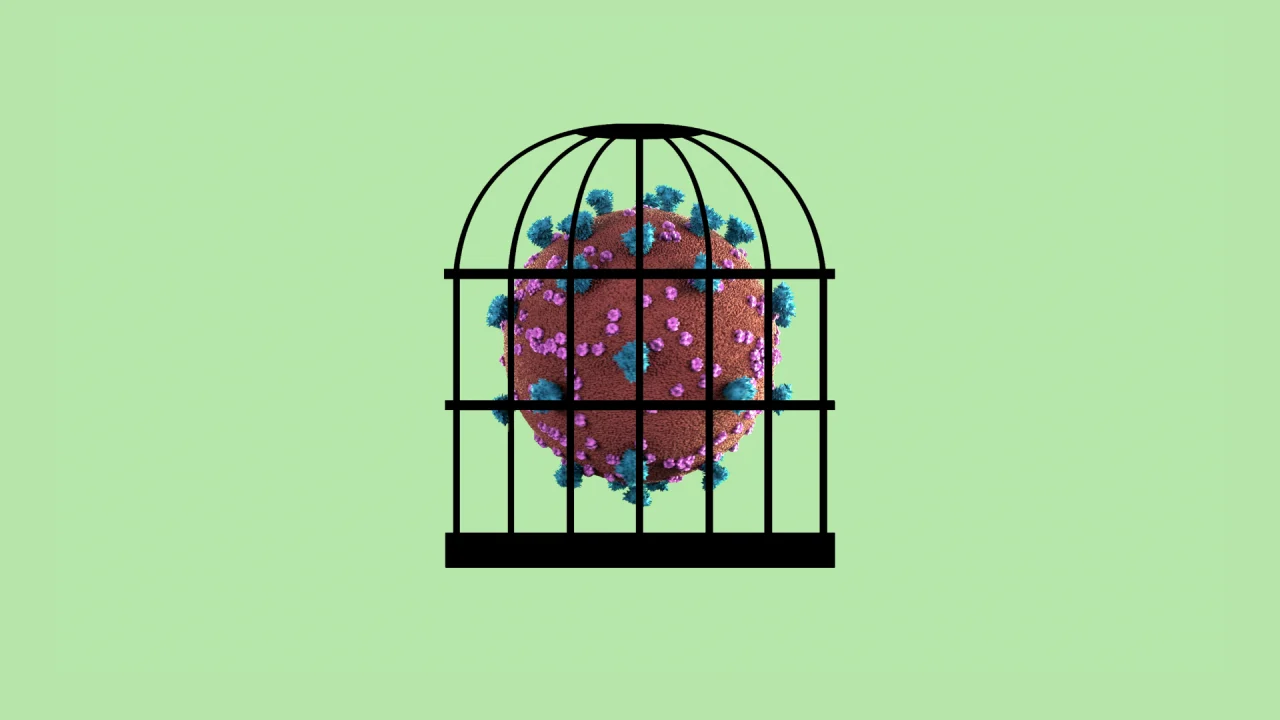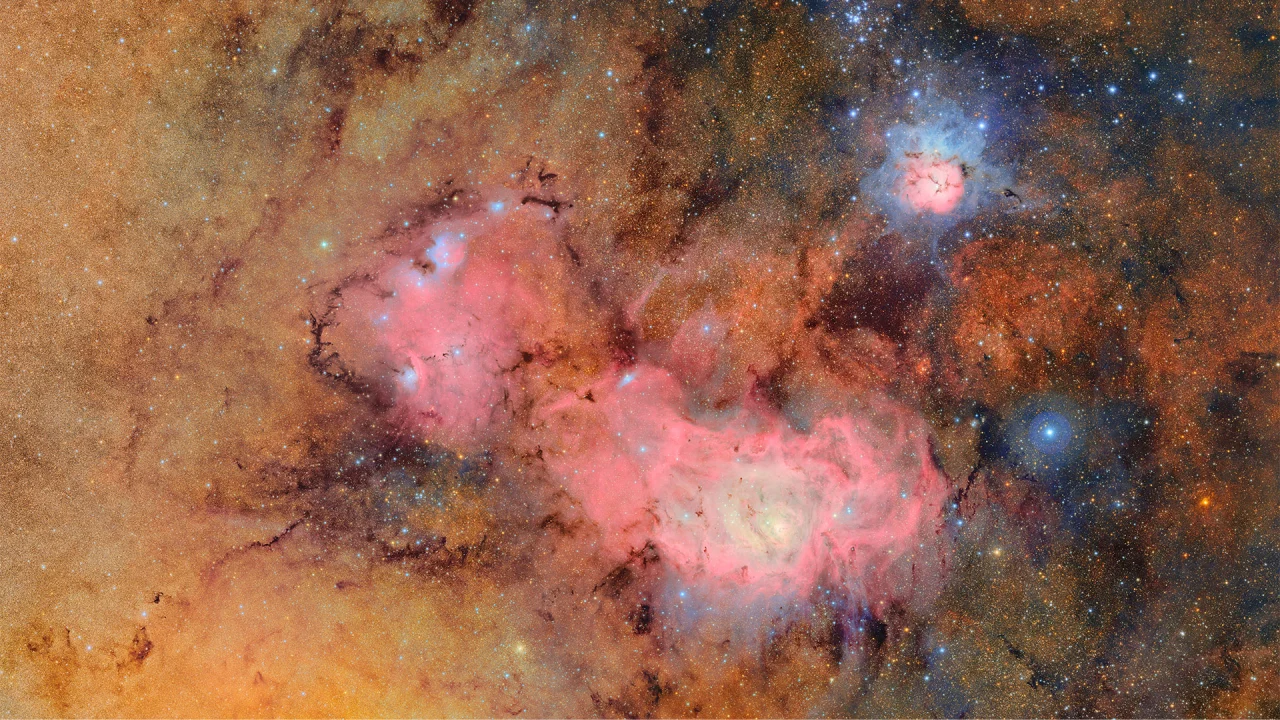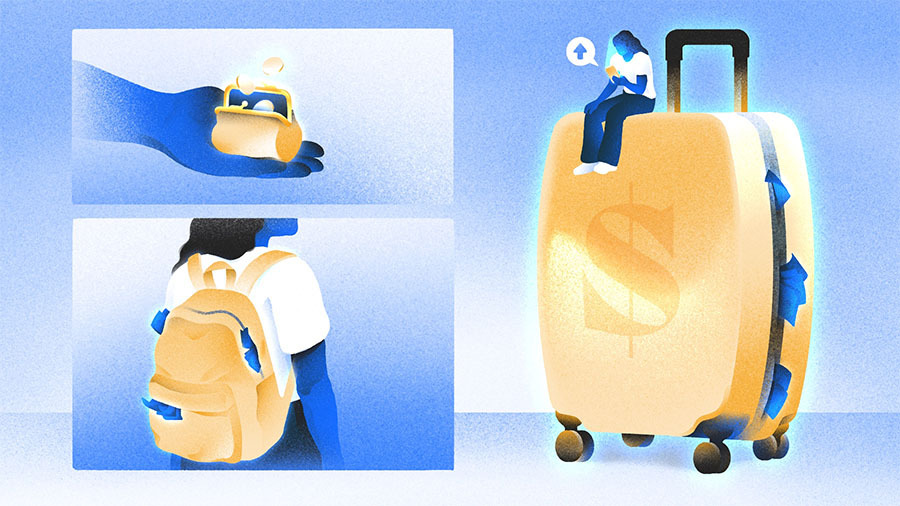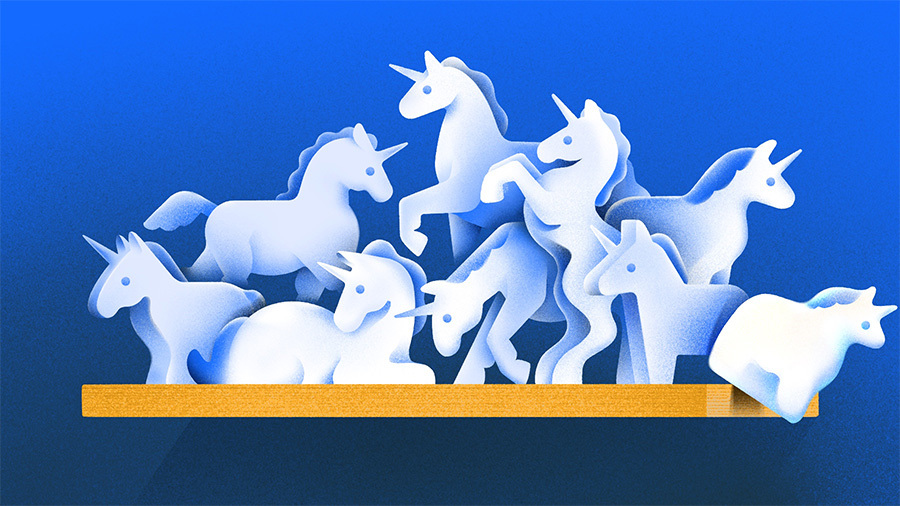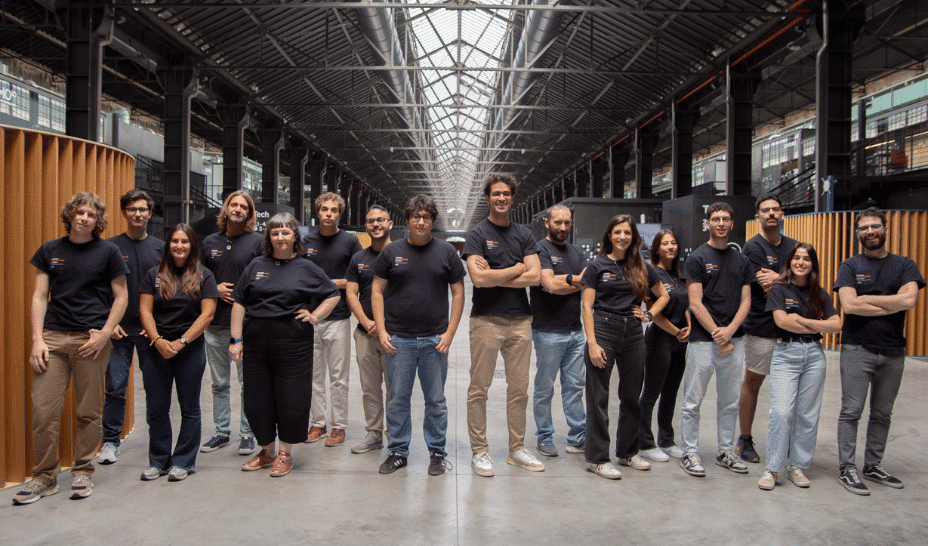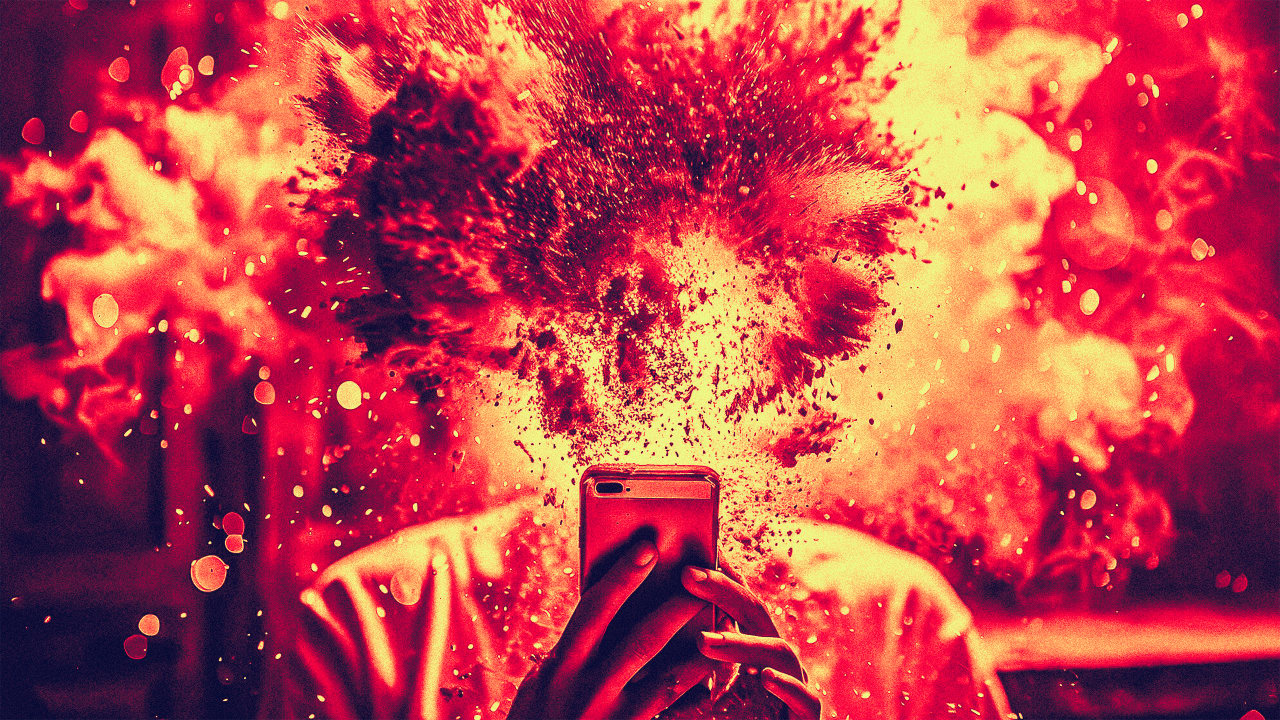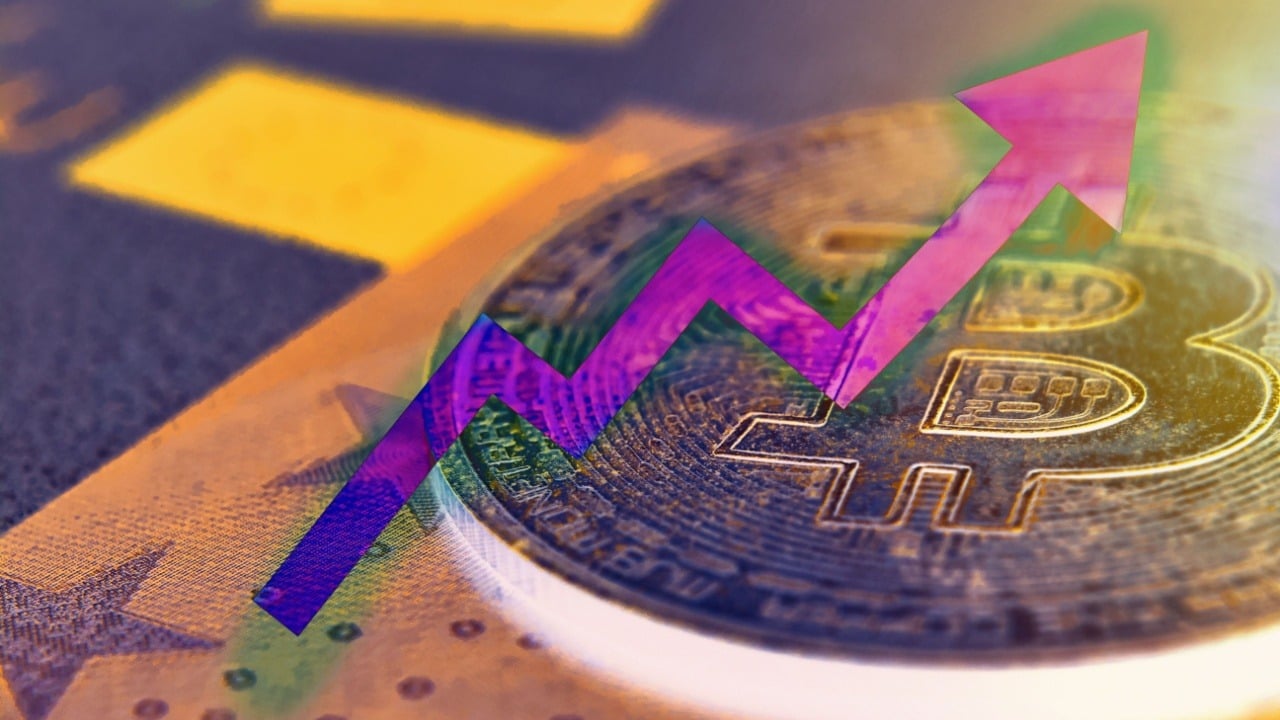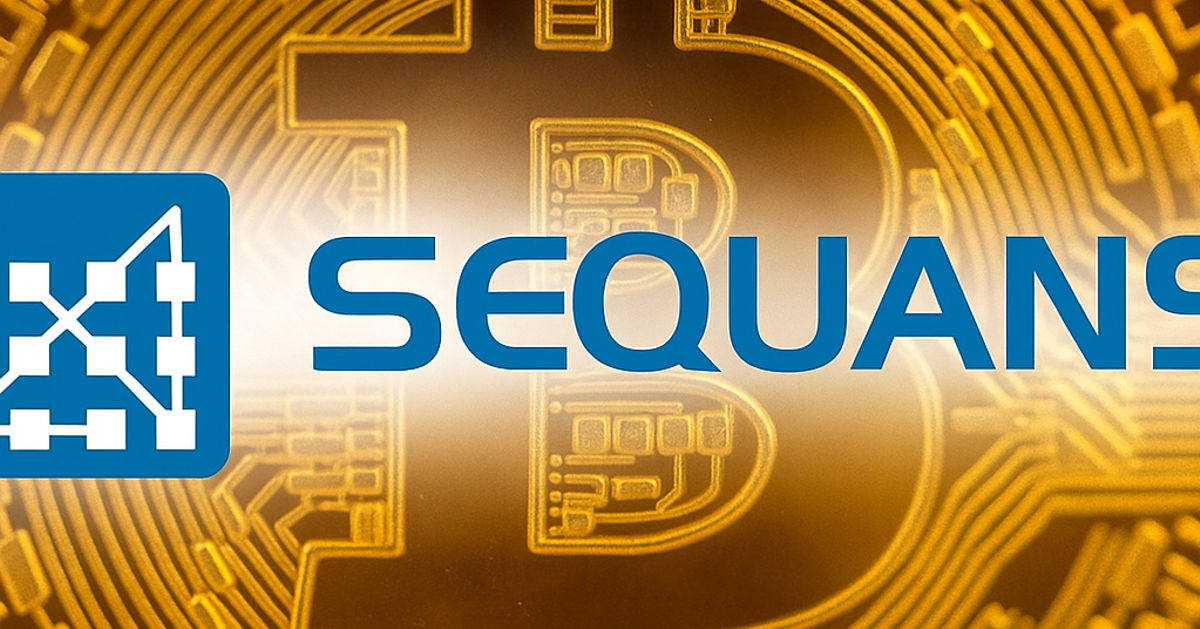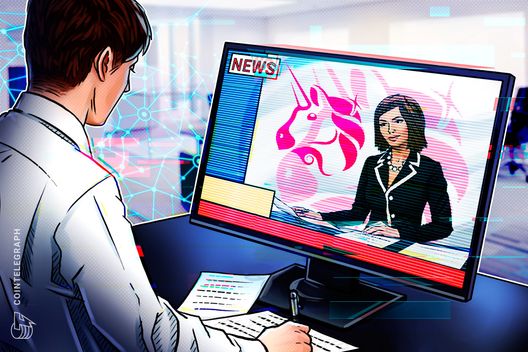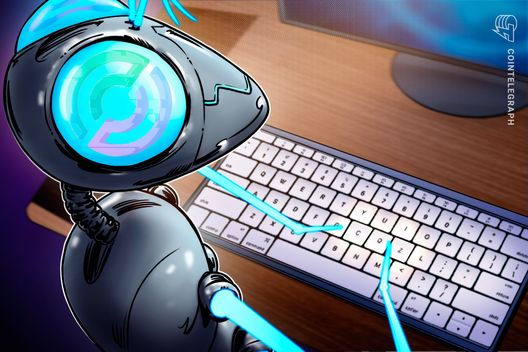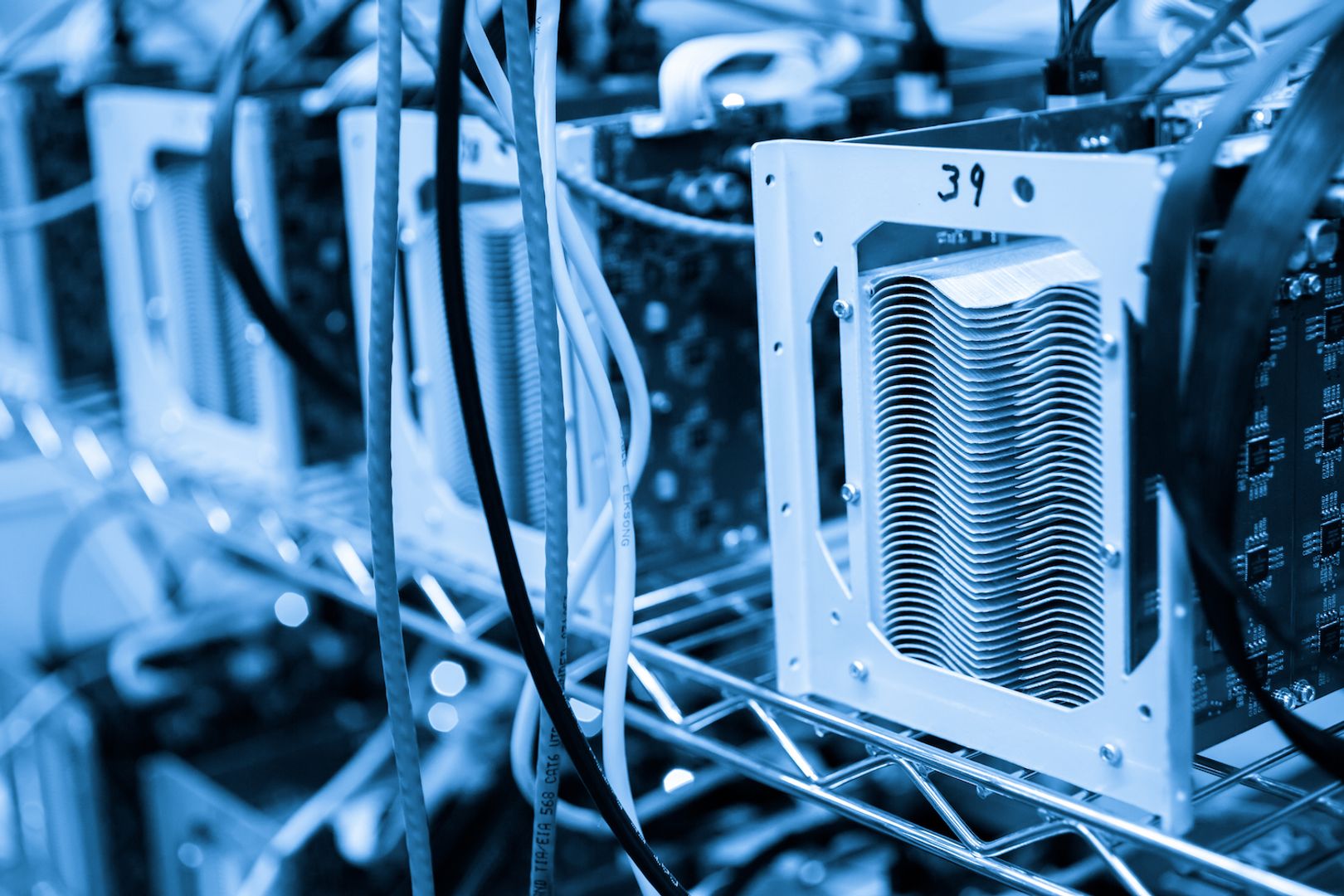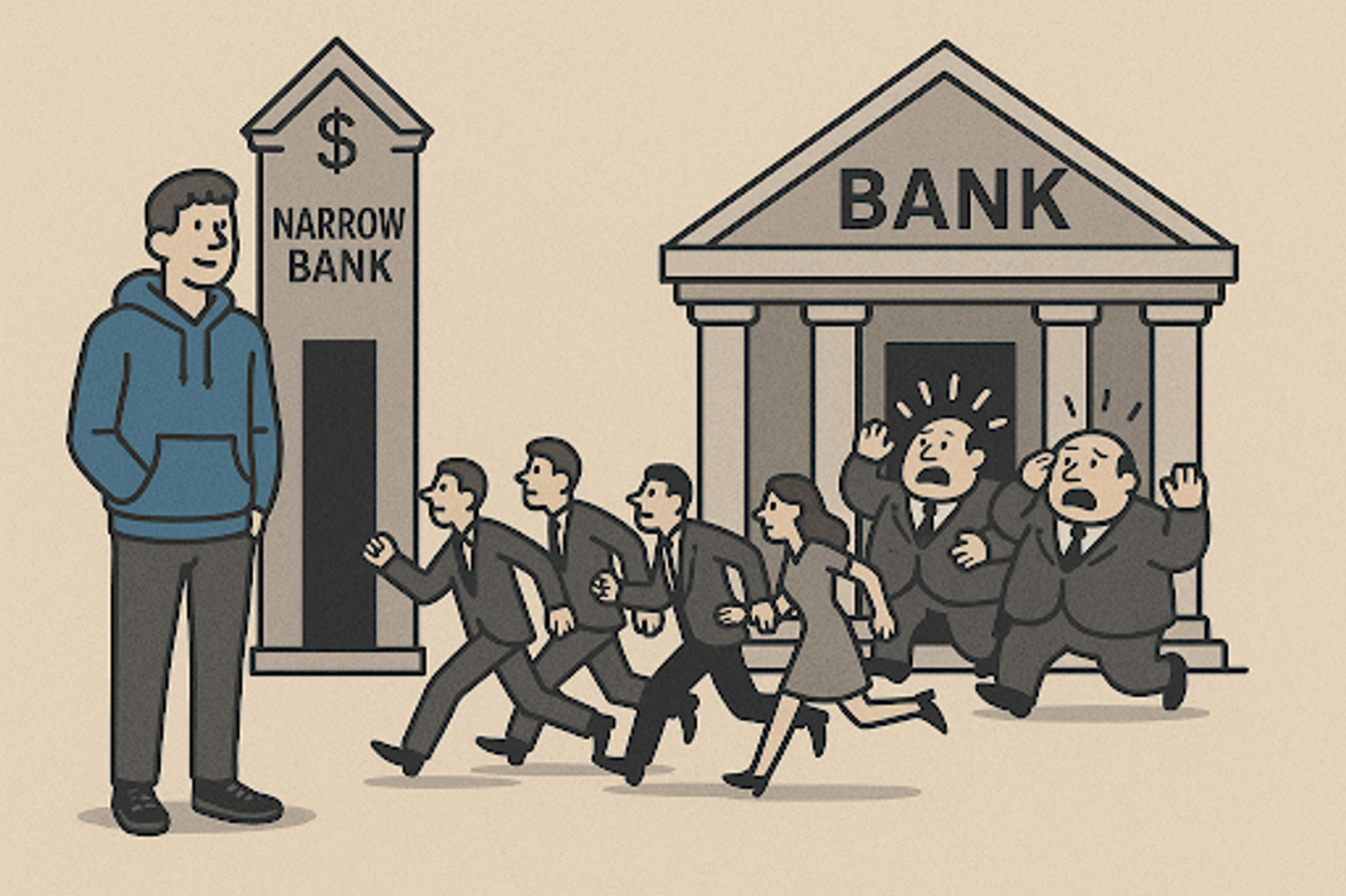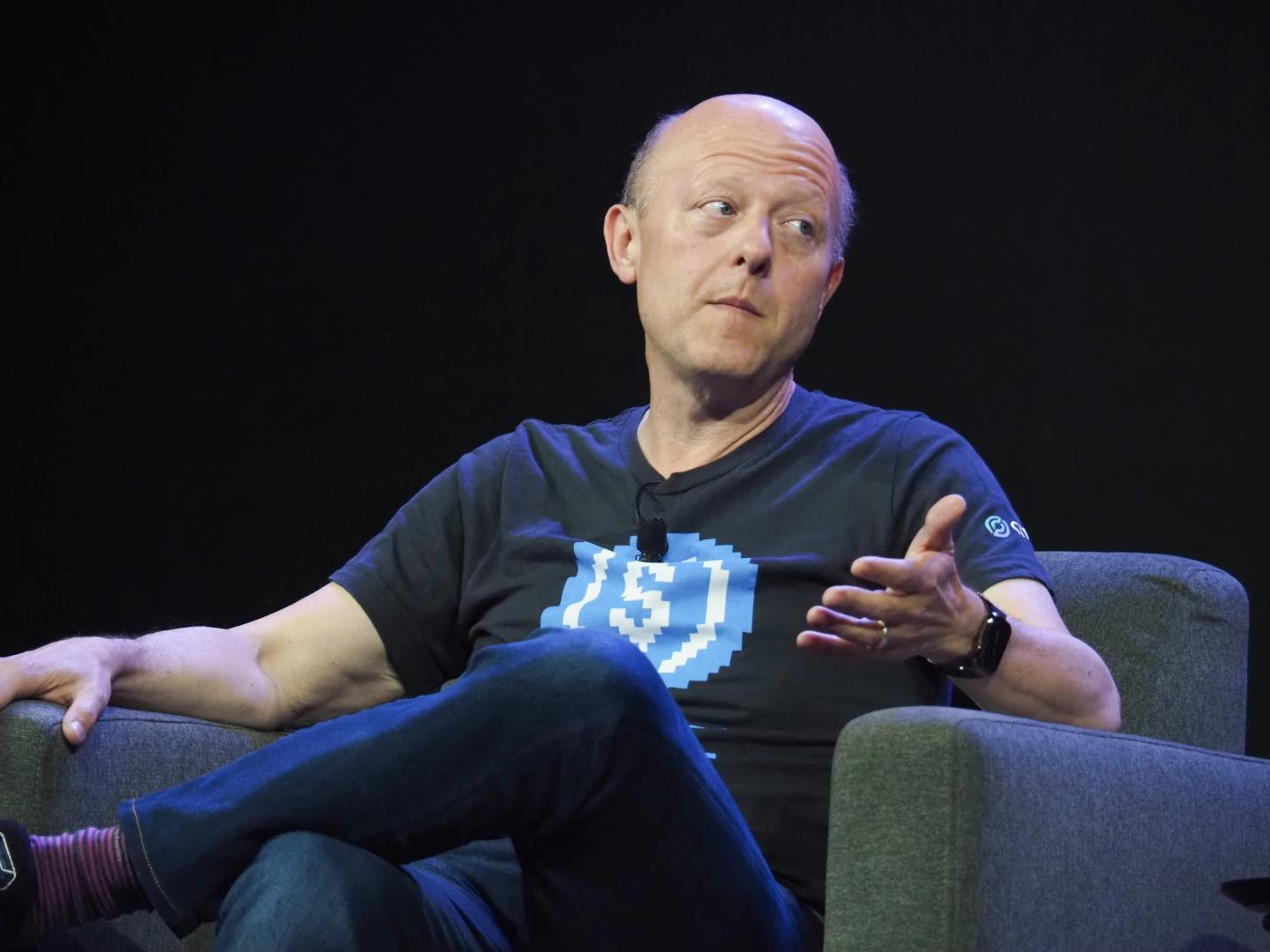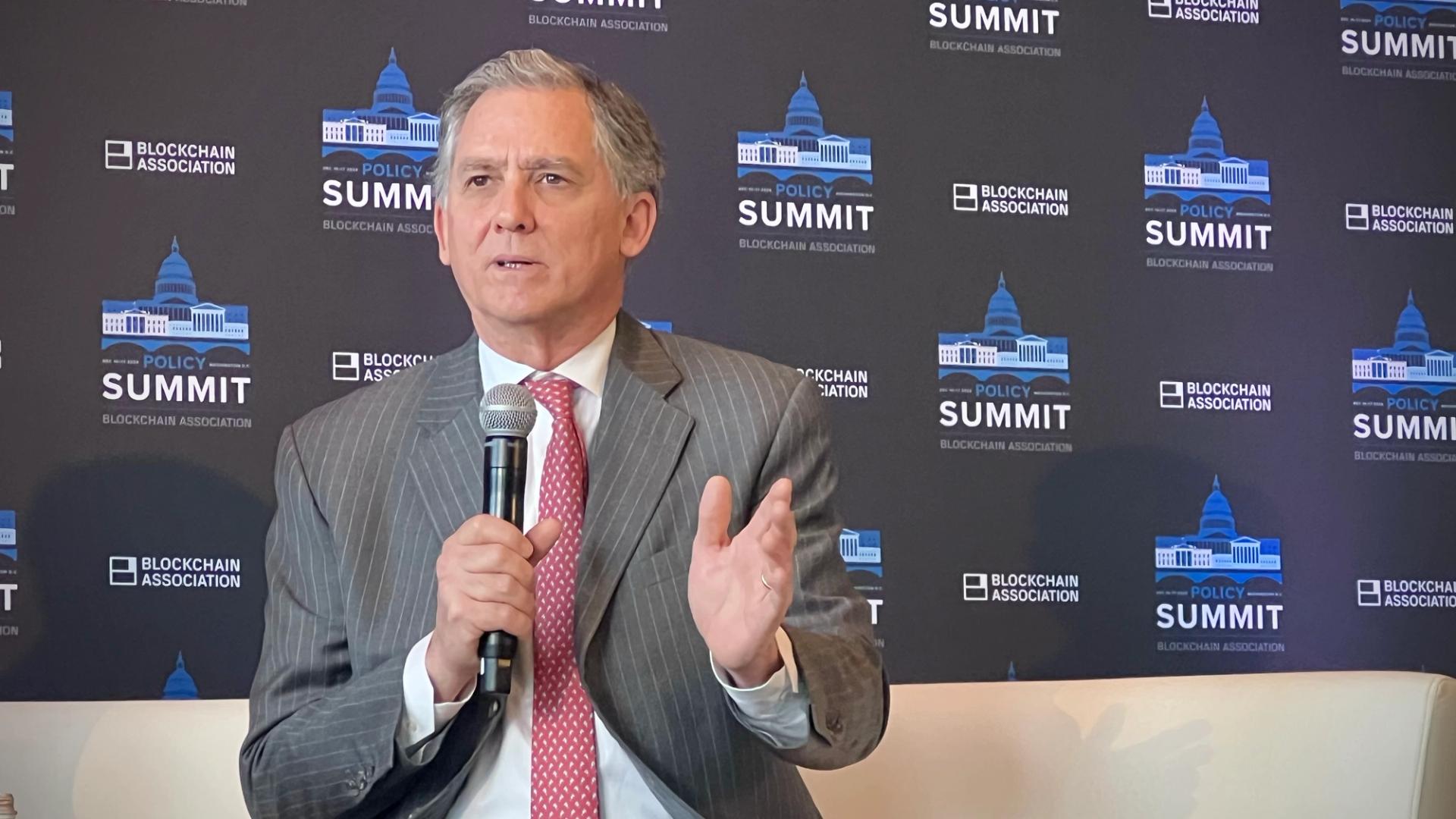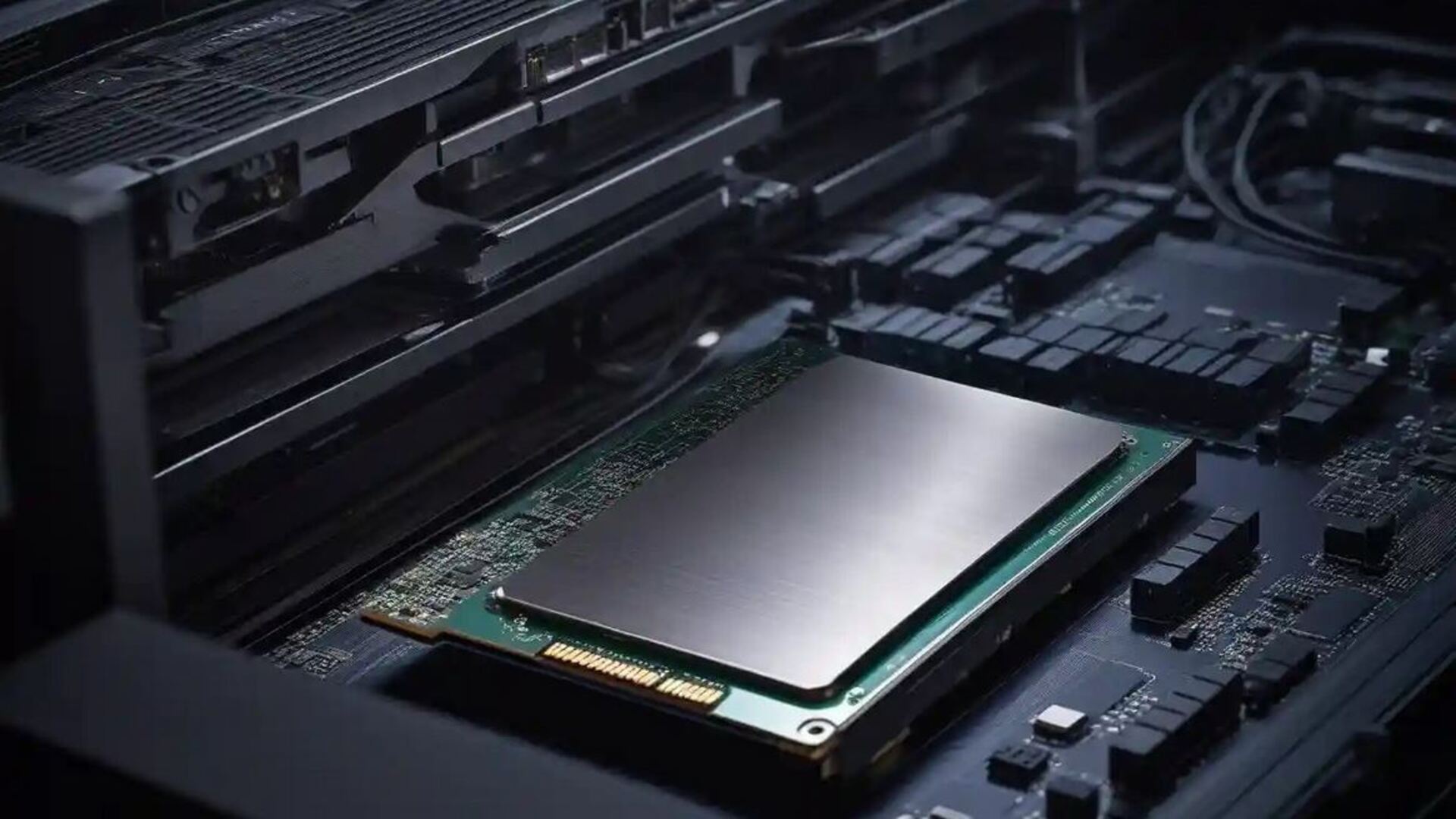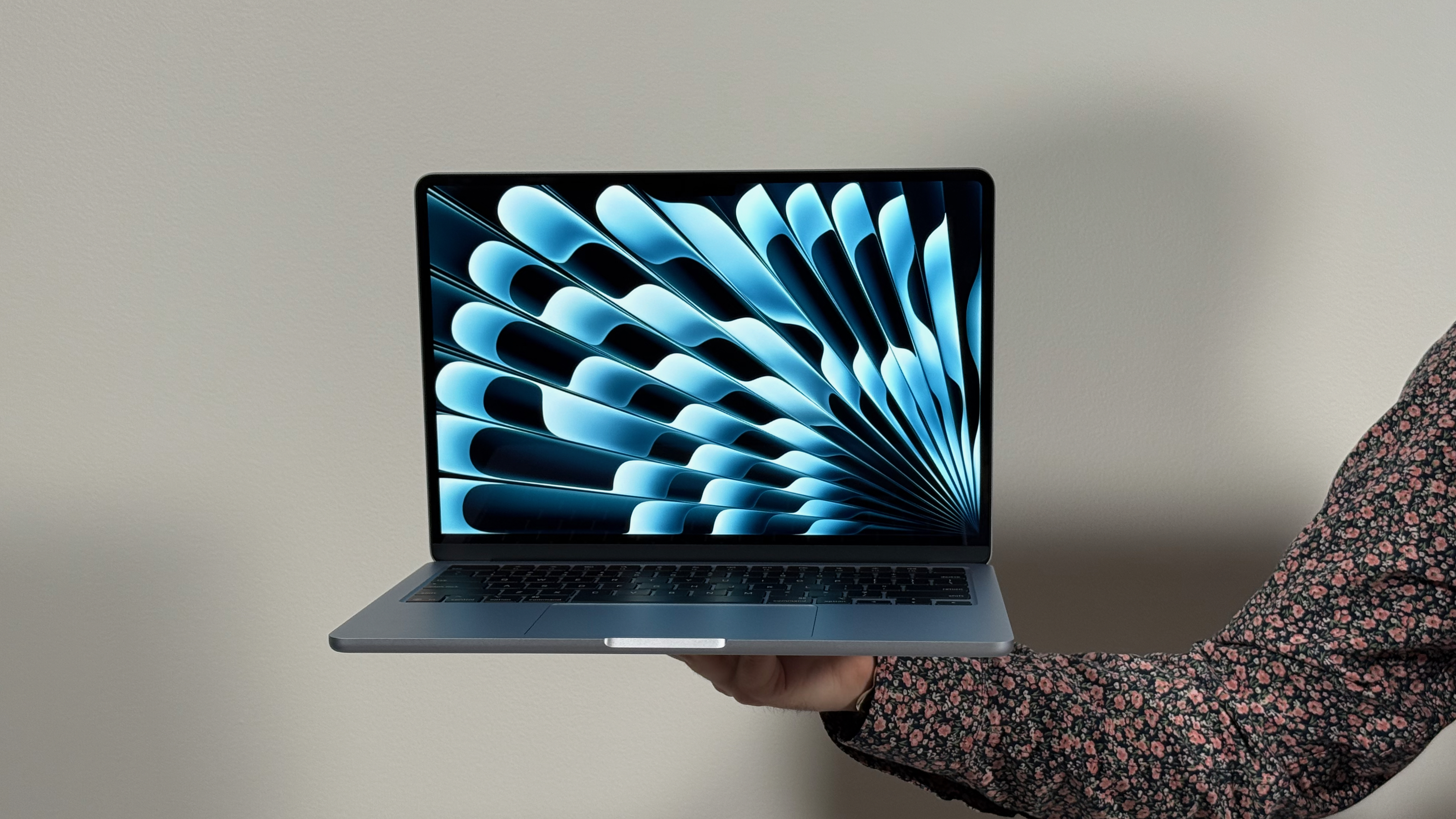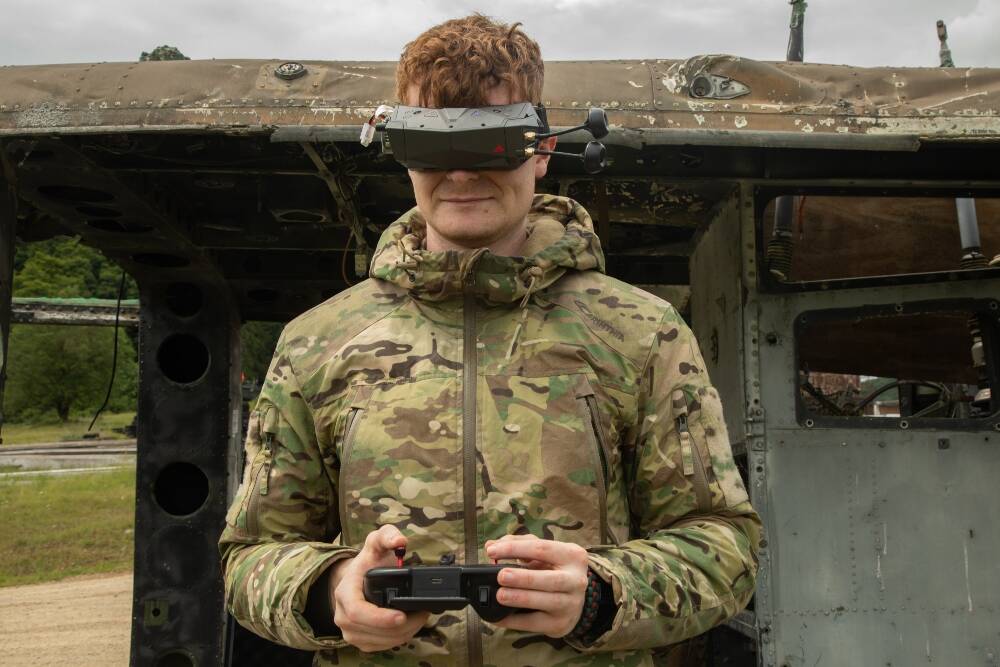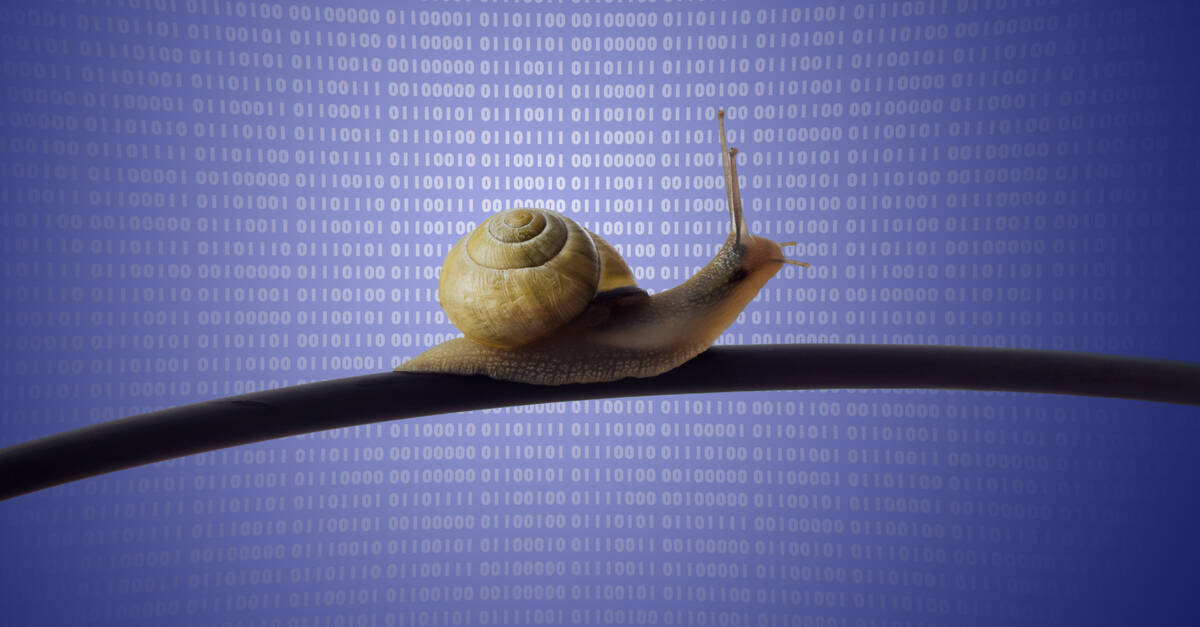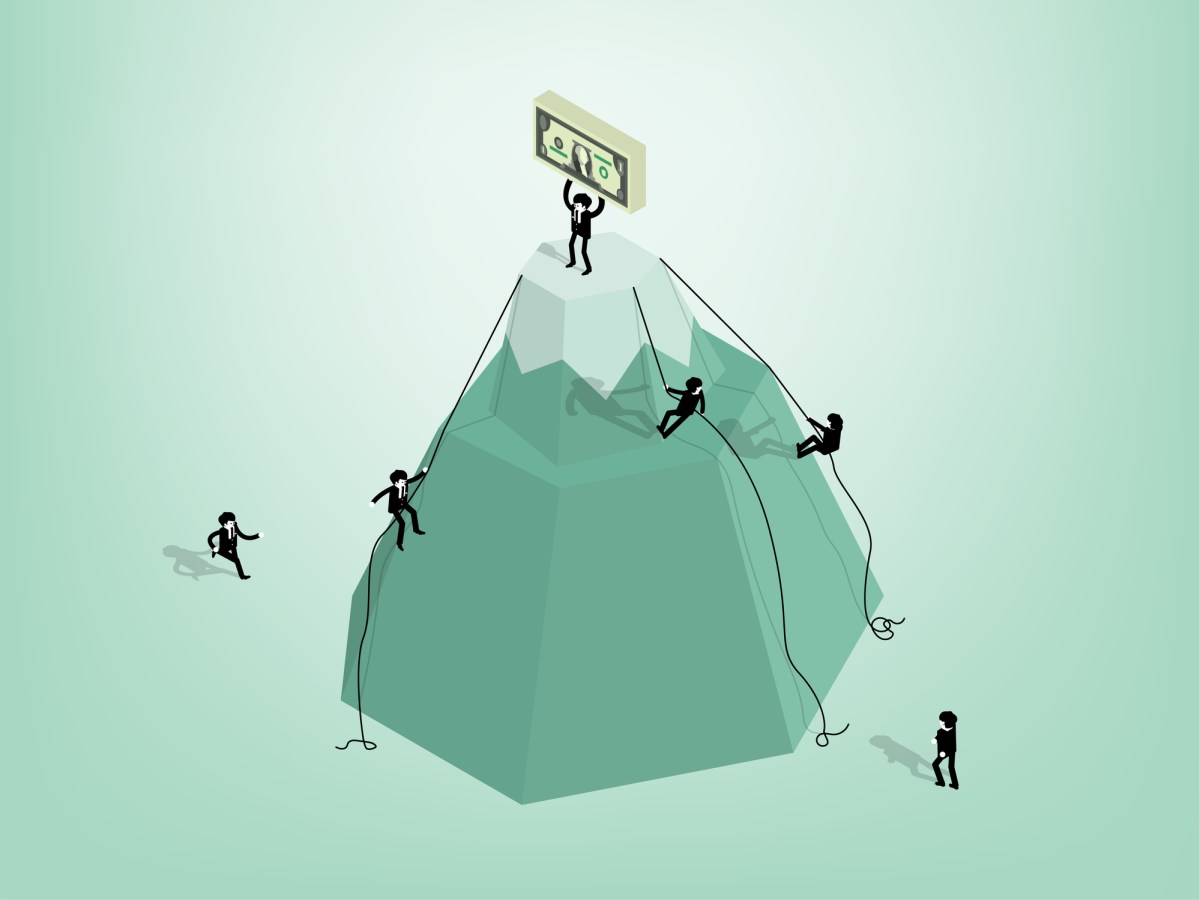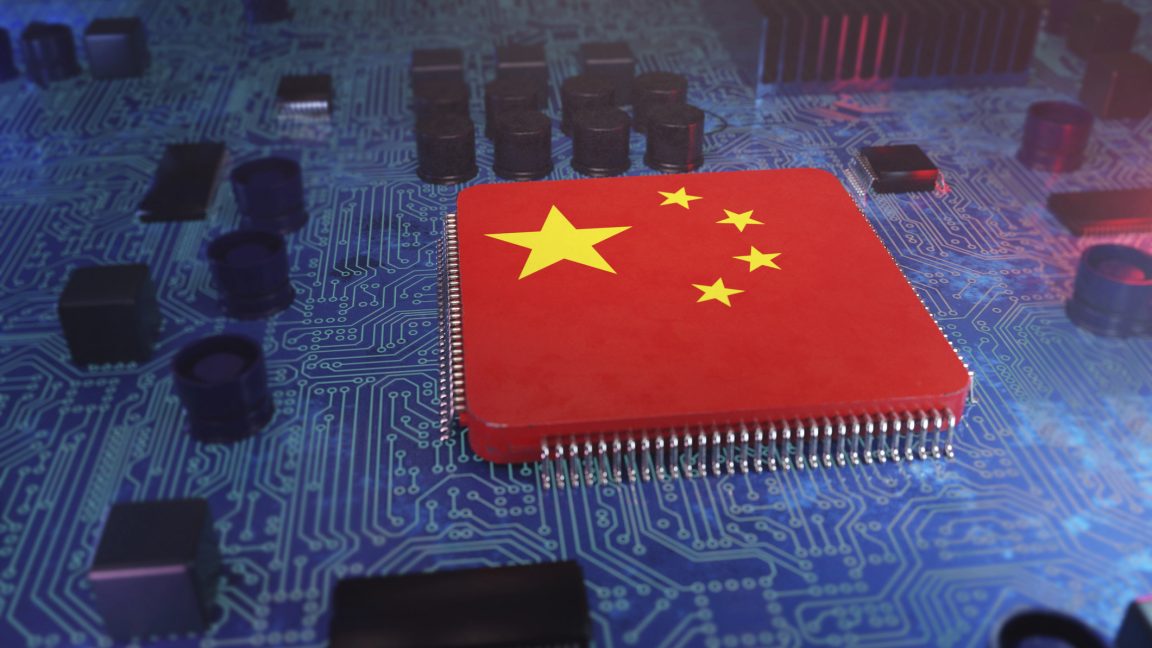People Being Replaced by AI Are Suffering a Deep Sense of Worthlessness
More on mental health: Scientists Find That Yelling at AI Chatbots Can Make You Feel Better


If you find yourself asking dark existential questions about technology lately — like, for instance, "what's the point of existence if AI is better than me?" — you're definitely not alone.
Business Insider interviewed Elaine Ryan, a psychologist and writer in Ireland who noticed that past clients and readers of her popular-facing work have lately been bringing up the advent of AI as a pressing new source of anxiety in their lives.
"I've heard it again and again: 'Where do I fit now?' or 'What do I have to offer that AI can't?'" Ryan said. "It taps into what we call core beliefs in psychology — those quiet, deep-seated fears like, 'I'm not good enough' or 'I don't belong.' AI has a way of activating those beliefs in a very direct and disorienting way."
Ryan said she understands that fear all too well and how it seemingly opens up a spiritual and existential void in people who start questioning their purpose in life. She also concedes that it's extremely hard to avoid the stuff: she uses AI to perform administrative work and even feeds it her personal medical results in order to interpret the data — which brings up some hairy topics on patient confidentiality, we should point out — all of which often gives the sense that tech is encroaching onto traditional human forms of expertise.
"I uploaded my lab results, and AI explained them more clearly than my own doctor could," she said. "It was impressive, and honestly, a little unsettling."
Instead of doing something destructive such as blowing up an AI data center with thermite, Ryan has more practical suggestions for people who are anxious about AI.
"I tell them this is still anxiety," she said. "And anxiety is something we know how to work with,"
Ryan advises that people don't avoid AI, and instead seek to understand it, in a bid to reduce anxiety through familiarity.
"So if you're not in therapy, the best thing you can do is watch for avoidance... try instead to move toward it, slowly," she said. "AI may be new, but the human response to uncertainty is not. The goal isn't to compete with the machine. It's to reclaim the human part — the experience, the depth, the emotional intelligence — that still matters more than we think."
The danger with this passive approach is that it does nothing to stem the growth of a gigantic and all consuming leviathan of technology that is indeed threatening to eat every industrial sector alive, while all the while unfathomable things are happening, such as people turning to AI instead of actual human beings for companionship, increasing social isolation, or driving users into delusional beliefs, or how its most malicious users are deploying it to harm children.
Beyond trying to understand AI, or catch a charge after trying to destroy a data center, or even signing up to be a plaintiff in a class action lawsuit for AI copyright abuses, you can also consider the most low-tech move possible and it won't cost a single cent: get off the computer and touch grass.
More on mental health: Scientists Find That Yelling at AI Chatbots Can Make You Feel Better
The post People Being Replaced by AI Are Suffering a Deep Sense of Worthlessness appeared first on Futurism.



